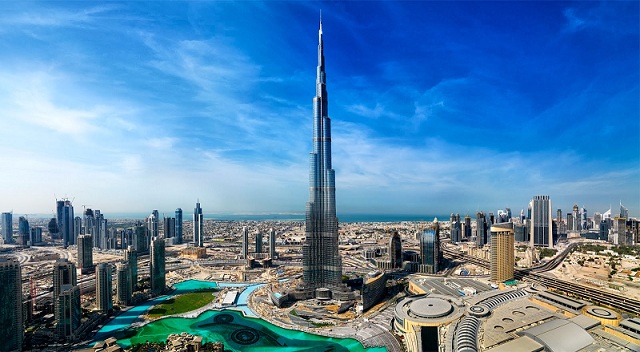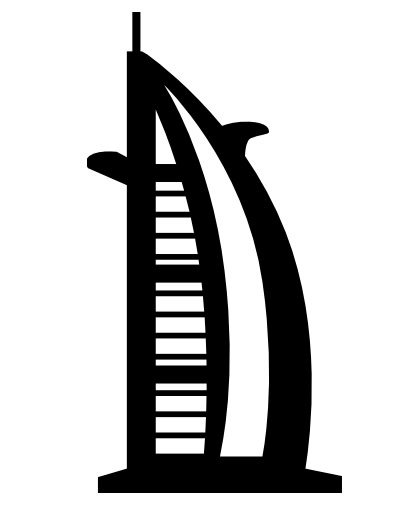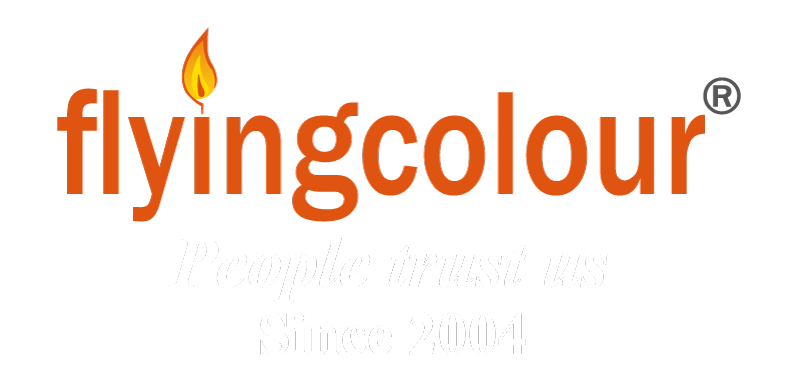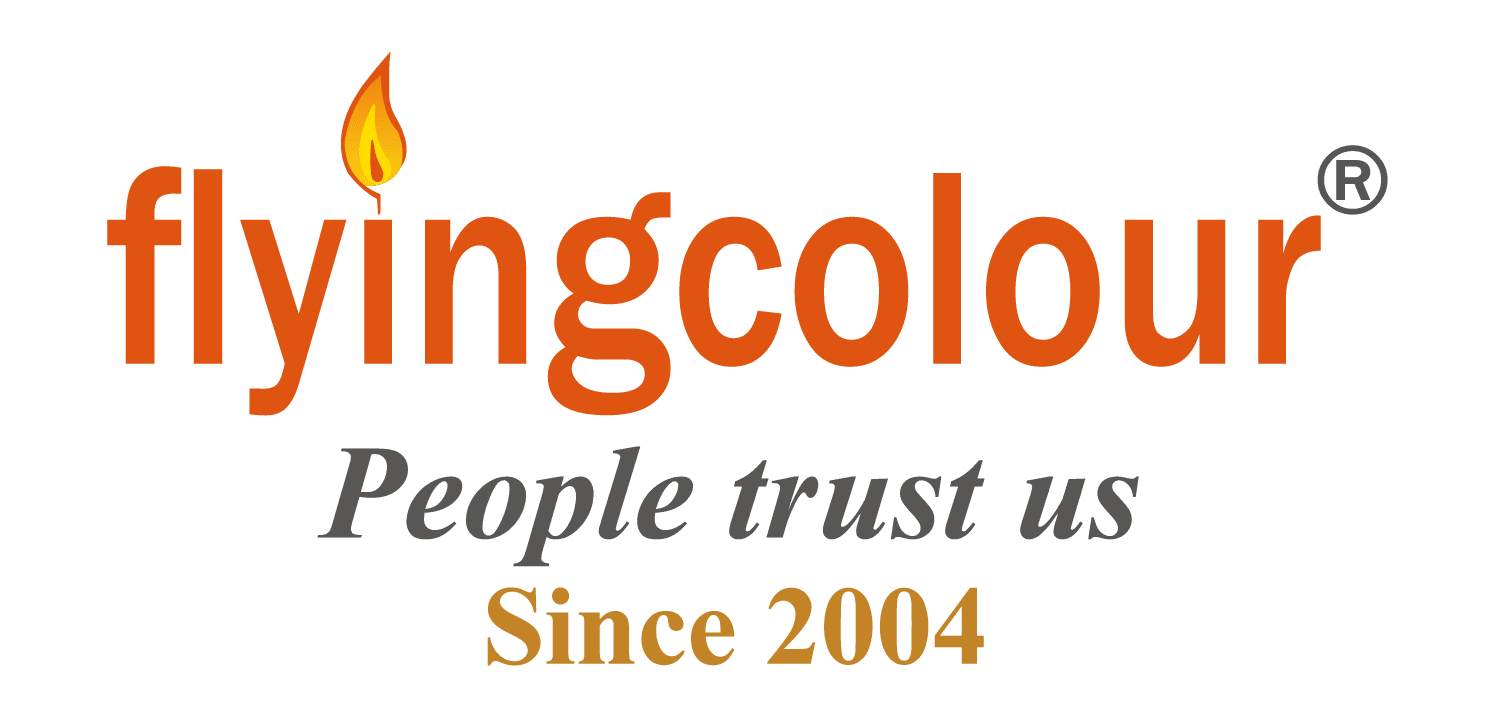Business Setup in Dubai
Dubai is the Second largest Emirate in the UAE. Its total area is about 3,885 square kilometers Dubai is located on the Eastern coast of the Arabian Peninsula, in the south west corner of the Arabian Gulf. It is extremely well known for its warm hospitality and rich cultural heritage, and the Emirate people are welcoming and generous in their approach to visitors.


Ruler
His Highness Sheikh Mohammed bin Rashid Al Maktoum is currently the Prime Minister and Vice President of the United Arab Emirates, as well as the Ruler of Dubai. He is the third out of four sons born to His Highness Sheikh Rashid bin Saeed Al Maktoum, the late Prime Minister and Vice President of UAE and Ruler of Dubai (reign: 1979-1990).
Government
The federal system of government in the UAE includes a Supreme Council, a Cabinet, the Federal National Council and an independent judiciary with the Federal Supreme Court and lesser courts of First Instance (where cases are first brought) included. The UAE has its own constitution that determines the methods and procedures for governance and power-sharing.
Described as a ‘benevolent dictatorship’ by most country profiling authorities, due to a lack of democratic government and plethora of state benefits despite a tax-free model, Dubai receives a traditionally bigger role in the governance of the UAE. Aside from being an integral part of legislative and executive authority for the country, Dubai, like other Emirates, has its own local government which governs and legislates for issues pertaining solely to business setup in Dubai. In keeping with the tradition of older governance, Dubai also maintains a majlis system, wherein residents of the city may approach Rulers with general or personal concerns .
Infrastructure / Business Setup in Dubai
Dubai’s infrastructure in terms of road networks, communications, bridges and telecoms is one of the most sophisticated in the world. As a city with global ambitions, the Government of Dubai has spared no expense to kit the city out with some of the most advanced systems that ensure smooth, transitional processes for trade, commutes, business and communication needs.
Telecommunications
Dubai-owned Telecoms operator Etisalat famously made it to a list of one of the world’s richest companies by asset value in 2006, and it shows no signs of slowing down. Offering the gamut of telecoms services, Etisalat is now in a race with recently kicked-off Du Telecom for subscribers. Having enjoyed a monopoly over the market as the only telecoms operator for since 1976, Etisalat is now offering new and innovative services to customers in a bid to compete effectively with Du. Du has announced its arrival with great fanfare and enticing subscription offers to match all over the UAE.
Between them, Du and Etisalat offer many services such as broadband internet, e-finance & banking services, 3G, utility payments and a host of mobile phone, wi-fi and roaming telecoms options including television and news feeds. The latest in their innovative packaging of mobile services Du and Etisalat offer home security cameras which may be accessed by mobile phone or internet.
With sophisticated web portals to aid payment and subscription, telecoms operators in the UAE have integrated bouquets of cutting edge services for wide use in business or leisure capacities. By trying to attract the world’s attention for business and trade, you can be sure the UAE will always try to stay in step with developments in world class telecoms technology.
Road Networks
Dubai’s road networks have become as famous for their complexity as they are for the speed at which they’re built and torn down. Several roads have been made, torn up and reinstated within months to make way for the development of the city, and its expansion in several directions. Flyovers, clovers and highly sophisticated toll gate systems and traffic monitoring devices are all features of Dubai’s road networks, ensuring smooth passage for commuters, construction vehicles and the ever growing population of the city.
Bridges
The oft lamented traffic situation in Dubai has recently been assuaged with the rapid creation of new bridges around Dubai, helping drastically with commuter traffic to and from opposite sides of the Dubai Creek, which splits the city in two. The Business Bay Bridge has brought much calm to the overburdened Garhoud and Maktoum bridges with its girth of 13 lanes. It connects various parts of Business Setup in Dubai giving commuters an easier journey across the Emirate. The Floating Bridge is another such development and is a bridge literally on the creek’s surface, connecting Deira to Bur Dubai.
Toll Systems
To relieve traffic on the much used Garhoud bridge, a highly sophisticated toll system has been installed at two key intersections on Sheikh Rashid and Sheikh Zayed road. The Salik road toll system involves the use of smart chip and radio frequency technology to debit commuter accounts as they pass through the toll gates with their Salik tags in their cars.
Traffic Warning Systems
Much like the Salik toll gates, Dubai’s roads also boast high arching traffic warning systems which give commuters information on road conditions, blocked roads, hazards and even seasons greetings.
Dubai Metro
To augment the arguably ineffective public transport facilities in Dubai, the government has launched a project that will witness the creation of a comprehensive monorail system weaving through the city and stopping at its most populated and frequently visited districts. With 55 stations, over 51km of viaduct and 18km of tunnels, the urban transit system is expected to be completed in 2009 and boasts comfortable seating, air conditioning, toilet facilities and stunning views of the city.
Economy / Business Setup in Dubai
From its humble beginnings as a pearling and fishing village in the early 19th Century to its development to a trade port and business setup in Dubai, Dubai has grown in leaps and bounds – first, with the discovery of oil in the early 60s and then with the forced diversification of the economy in multiple vertical sectors, namely trade, tourism, shopping, real estate and free zone activity.
As a natural conduit to and from the rest of the world, Business Setup in Dubai has proven to be a convenient checkpoint for international trade and business. It is not surprising therefore that the city hosts a myriad international organisations from the largest names in IT, to the most widely known television and news channels, media powerhouses and the most trusted names in commercial and consumer goods. With fantastic weather over the majority of the year, Dubai attracts tourists for the numerous shopping and leisure activities as well as sporting and cultural events and attractions.
And we haven’t even mentioned construction and real estate. The real estate market was opened up in 2003 and as a result, the largest growth contributor to the Dubai economy has been construction. The city seems to be awash with cranes and half-finished sky bound towers. With the deluge of foreign investment in property and real estate, it is now said of Dubai that not only have the Arabs managed to sell sand, but now they even sell air (referring to how properties sell out based simply on blueprints and guarantees.)
Gold and Gems
Dubai also happens to be the headquarters of the World Gold Council. For many years after its revenues from pearling went into decline, Dubai supplemented its economy with crucial inflows from the transportation of vast amounts of gold going in and out of India. Today, Dubai alleges being the cheapest place in the world to buy gold.
Annually, the city’s Gold Souk (market) attracts a substantial number of the Emirate’s 1.6 million visitors. Even with price of bullion being markedly high in 2007, gold sales in the Emirate rose by 32% in the first quarter alone. The global consumption of gold at the same time stood at 500.1 tonnes; UAE imported 132 tonnes of that to resell to the rest of the world.
Dubai is also a famed centre for gemstone cutting. On exploring the side streets and back alleys of Deira’s Gold Souk, one will find dozens upon dozens of workshops of goldsmiths and gem cutters, working in tandem to cut, craft and polish made to measure designs in gold, silver and platinum. If you want to get that Tiffany ring design but don’t want to pip for the original, this is the place to get it made from scratch.
With a string of world class sporting events on its calendar (that also includes some of the world’s richest competitions) Dubai is famous for its tennis, horse racing, motor sport, sailing and golf tournaments. And when it comes to business conventions, Dubai hosts several renowned events including GITEX – the world’s third largest IT Fair.
However you view Dubai, it’s hard to miss the speed at which development is taking place. It’s not just something you hear about; it’s a phenomenon that follows you wherever you go in this city.
History & Traditions
Dubai’s history is told only too well by now famous black and white photos of young Sheikhs with falcons on their arms, fishing boats coming up the creek with their daily catches, Arabian dhows laden with textiles and spices, white, square brick structures signifying the city’s first airport and unending stretches of vast, scorched desert dunes with nothing more than scrub, camels and caravans of people dotting the landscape. setup business Dubai’s recent history is one of nomadic Arabian tribes congregating, moving and settling near and around oases and sites of vegetation. With mud huts to call home and unending expanses of desert to traverse, Business Setup in Dubai was part of a handful of Emirates that was fortunate enough to discover oil beneath its feet. Bearing witness to the countless travels of global explorers and travellers, Dubai blossomed from an English protectorate and important trade hub in the late 18th Century to an important pearling centre in the 1930s and is today the City of Gold we have all come to know so well.
Architecture
The architecture of the UAE is characterised by symmetrical, rectangular and square towers and building blocks with Islamic motifs in the form of stars, Islamic calligraphy or design, and fine floral patterns. The materials used by Arabs in the olden days were mud, dung, chalk, red clay, sea shells and water, with palm fronds providing roofing material. The layout of houses would include separate quarters for men and women with a common central courtyard or area where families could congregate. Decorations would include handcrafted and carved wooden furniture, hand-woven rugs and tapestries. Down the years, marble, gold inlay and gilding, granite and colourful glass have all evolved in their use for decoration in the Arabian home. Wind towers were a common feature of Arab homes and formed a particularly significant part of the region’s architecture – the towers would catch passing winds and swirl them into the heart of the house, giving ventilation and much-needed air to the sun-beaten homes.
Traditions and Pastimes
Bedouin traditions are as much in evidence today as they were a couple of centuries ago. The Arabs conducted traditional dances, ceremonial rites and singing and dancing celebrations with tribal fervour akin to those of their nomadic desert brethren. Henna, turmeric, oudh (saps providing scent for personal and home use) and other vegetative compounds formed a vital part of traditional grooming, health and religious exercises in the Arabian home. Camel-riding, falconry and the playing of musical instruments, both wind and stringed, were part of the list of hobbies and pursuits of Bedouins. And a rudimentary form of polo called ‘buzkashi’ was also said to have originated in this region whose modern equivalent is a sport that the UAE still excels at today with globally acknowledged skill.
The recognition and respect of the family as a central decision-making unit is paramount in Arabian society, as is community approval and acceptance. Joint families are in decline though still largely prevalent and the importance of the patriarch is as much in evidence as it ever was. More and more, Arabian culture is opening up to liberal views and ideas on the importance of the individual, albeit at a slow and steady pace.
Climate
Dubai enjoys sunny, subtropical and warm weather all through the year. October to April is perhaps the best time to visit Dubai. In between, the harsh summer temperatures are a tad inhospitable, but that has hardly stopped tourists from filling plane seats in the past. Temperatures soar during the day and range between 26°C in December to 54°C in July. Minimum temperatures range from 12°C in January and 28°C in July. During the cooler months, it gets quite cold in the desert and makes for superb barbeque and camping weather.
Whenever you plan to make your way here, sun block, hats, shades and spectacular items of Hawaiian beachwear are advisable. We’ll take care of the deckchairs, air conditioning and ice cream.
Get A QUICK QUOTE
Setting up a business in the UAE can be an overwhelming experience for the uninitiated but we can make this job truly easy for you. Talk to our expert consultants for free & decide the best course of action for yourself, today.



